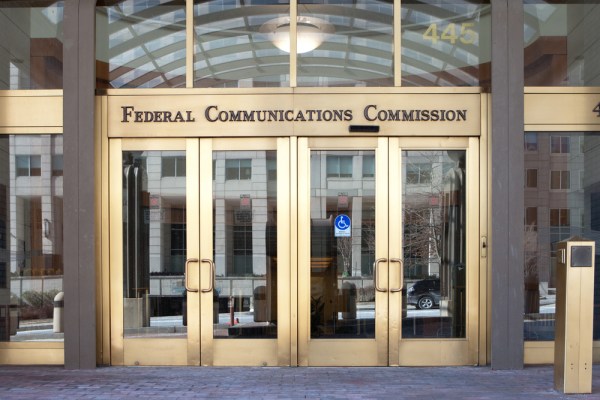The comment period for the FCC’s proposal to roll back the net neutrality rules established in 2015 was originally August 16 — next Wednesday. But after advocacy organizations asked the agency to add time to the clock in order to look through existing comments, the deadline has been extended (against the strenuous arguments of the broadband industry) by two weeks, to August 30.
The EFF, Public Knowledge, the ACLU and more filed a motion at the beginning of the month asking for eight weeks to be added. There’s adequate reason for it; 20 million comments are a lot to wade through, and thousands of them are more than the simple “I support/oppose the proposal.” One filed earlier this week is from Representatives who actually helped write and modify the Telecommunications Act that grants the FCC its powers to begin with.
Given the enormous volume, scope, complexity, and importance of the issues raised in the first round of comments, good cause plainly exists for this request. An extension is necessary to give Movants and other interested persons a minimum of adequate time to work through the initial comment record and prepare thorough and well-informed replies.
A filing from several broadband and telecom industry groups opposed the motion, saying that there’s already been plenty of time, and anyway we’ve talked it all over before.
The debate over the proper regulatory classification and treatment of broadband internet access is neither new nor novel. All stakeholders have had multiple opportunities to weigh in on the core issues in play here for over fifteen years across a range of public dockets…the facts and issues presented remain the same today as they have been for the entirety of this debate.
The filing also points out that millions of comments appear to be fraudulent — associated with nonexistent addresses, or duplicates, or what have you. There’s no denying that, on both sides of the equation, it turns out. But if anything that suggests more time should be spent examining the comment record, not less.
At any rate, the Commission agreed to delay the deadline, but by two weeks — less than the eight asked for by the movants, but more than the ten days suggested (if extension there must be) by the opponents.
It will, reads the order from Daniel Kahn from the FCC’s Wireline Competition Bureau, provide the Commission with more thorough commentary, “ensuring that the Commission has a complete record on which to develop its decisions.”

